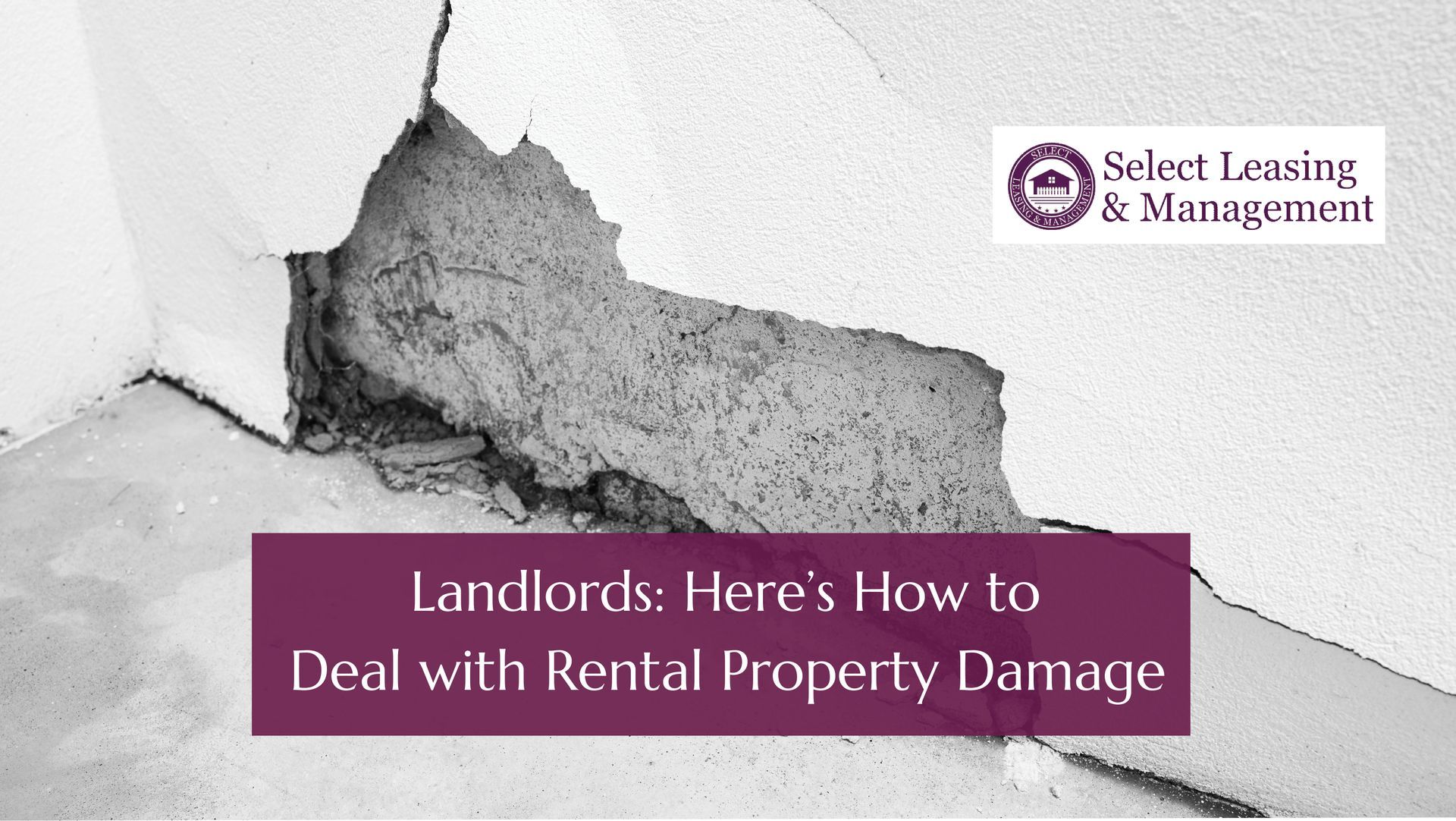For Leasing Contracts and Tenant Questions, Property Managers Are a Landlord’s Best Resource

When property owners hire someone to manage their rental properties, it’s often because they do not want to do the marketing, maintenance, or rent collection themselves. While those are obviously important services, for some, being able to hand off a lot of the inquiries and one-on-one interaction with renters is just as valuable.
With property management handling leasing contracts and fielding tenants’ questions, landlords can rest assured that their properties are run exactly how they want them to be.
The Benefits of Property Management Handling Leasing Contracts
The lease is a legal document and there’s a lot to understand about the rights and responsibilities of both owners and renters. It can be easy for an inexperienced landlord to make a misstep that lands them in legal trouble.
Property managers deal with lease agreements all the time and keep up to date on the latest laws regarding fair housing and tenants’ rights. Not only do they understand
what should be included in a lease to protect the landlord’s interest, they know what to do when someone breaks the rules. Having a management company take on the unpleasant process of
terminating a lease or beginning
eviction proceedings can be a huge weight off a landlord’s shoulders.
Property Management’s Most-Asked Questions
In addition to questions about the lease, prospective tenants usually want a lot of information when deciding where to live, and the questions don’t stop once they move in. A great advantage of hiring a property management company is that it is their job to have the answers.
Property owners should take some time to consider how they want their properties handled. This includes their stance on subjective topics, such as whether or not to allow subleasing or pets. Once they decide on their preferred way to run their property, their property management company can answer questions confidently, knowing they comply with the property owner’s wishes.
It’s important to find a manager that anticipates likely questions and makes sure the information is spelled out in the lease. They must also be good at communicating the information in a clear and concise manner with renters. This avoids misunderstandings and helps develop a good landlord-tenant relationship.
Tenant inquiries typically fall into seven categories. We’ve listed the ones we hear most often:
Property Details
- What amenities, facilities, or common areas are available on the property?
- Are utilities included in the rent? If so, what is the average amount?
- What security measures are in place on the property?
- Is there a designated parking spot?
- Where are smoke detectors, carbon monoxide detectors, fire extinguishers, and emergency exits?
Lease Terms
- What is the duration of the lease?
- Are there penalties for breaking the lease early?
- What is the policy on subletting or adding roommates?
- Is a copy of the lease online (or in a handbook) for future reference?

Rent Payment
- When is the rent due?
- Is there a grace period for late payments? What are the late fees?
- What are the accepted payment methods and are there online or automatic payment options?
- What is the policy for increasing the rent?
- How are security deposits handled, and what is the process for returning them?
Tenant Responsibilities
- What are the rules for keeping the property clean and in good condition?
- For single-family homes, is the tenant responsible for lawn care and snow removal?
- Can tenants be reimbursed for minor repairs they make themselves? What is the process?
- Are tenants allowed to make changes to the property such as painting? Is prior approval required?
Rules and Regulations
- Are there rules regarding noise levels, parties, or gatherings?
- What are the restrictions regarding pets, smoking, guests, etc.?
- Will the landlord respect tenants’ rights to privacy and property access?
- If a neighbor breaks the rules, what is the procedure for alerting management?
- What circumstances will lead to eviction procedures?
Maintenance and Repairs
- How can tenants report maintenance issues?
- What is the typical response time for repairs?
- What is the method of contact for after-hours emergencies?
- What routine maintenance is provided and when? For example, cleaning of common areas or spraying for pests.
- How much notice is given before a landlord enters a rental unit, and will the landlord ask permission?
Lease Renewal and Moving Out
- How far in advance should tenants notify the landlord of their intention to renew their lease or move out?
- What are the expectations for moving out, cleaning, and returning keys?
- Are there fees charged for lease renewal or the move-out process?
- How and when are security deposits returned?
- What will ensure the entire security deposit is paid back in full?
Select Leasing & Management Has the Answers
These questions cover a wide range of topics that tenants may ask before and during their tenancy. If they receive vague or contradictory answers—or no answer at all, it will reflect badly on the property and the landlord. This can turn prospective renters away or cause a current tenant to consider moving out.
The last thing a landlord wants is constant phone calls or tenants who are misinformed. When searching for a property manager, look for one who can anticipate and handle inquiries in a way that aligns with how you want your property to run.
Select Leasing & Management has experience with just about every scenario that can happen with a rental property. Our knowledge and ability to craft effective leases and respond to questions will give you peace of mind that your tenants have the comprehensive assistance and support they deserve. Contact us today to learn how we can help.
Cover Image by SUWANNAR by Canva.com
Share this post










